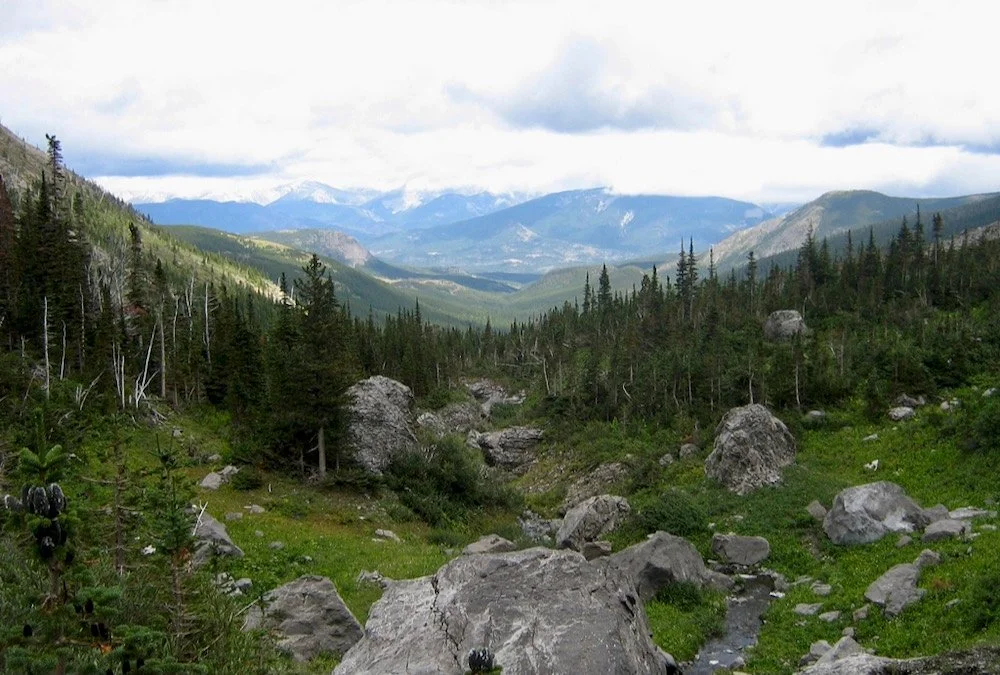New data shows that water temperatures in the Gulf of St. Lawrence have reached record highs, with experts warning the increase could impact some species that live in the waters. According to new research, published Tuesday by Fisheries and Oceans Canada, warming ocean temperatures -- specifically those in deep water -- set more records in the Gulf of St. Lawrence in 2021 than in the past 40 years.
Water outlook ‘bleak’ as glaciers recede in Rocky Mountains
Where fly fisherman Shane Olson once paddled summer tourists around in a boat, he now guides them by foot — carefully navigating shallow waters one step at a time. “Every year, these rivers seem to be getting smaller, faster,” the 48-year-old said as he whipped a fishing line over the Crowsnest River. “We are pushing it to the absolute breaking point” During the second half of this century, most Canadian Rocky glaciers will melt, according to a 2019 study in Water Resources Research. The region’s water outlook will be “bleak” long before then, said University of Lethbridge geographer Christopher Hopkins. Currently, warmer temperatures are causing mountain snow and ice to melt earlier in the year, increasing the likelihood of summertime water shortages, according to research published last year in Environmental Reviews.
Canada's waning water supply sows division in farm belt
Where fly fisherman Shane Olson once paddled summer tourists around in a boat, he now guides them by foot – carefully navigating shallow waters one step at a time. “Every year, these rivers seem to be getting smaller, faster,” Olson, 48, said, whipping a gleaming fishing line over the Crowsnest River about 70 kilometres from the U.S. border. It is an alarming trend in Canada’s breadbasket, and a sign of water scarcity to come as climate change speeds the melting of Rocky Mountain glaciers feeding rivers that deliver water to some seven million people across the Prairies.




